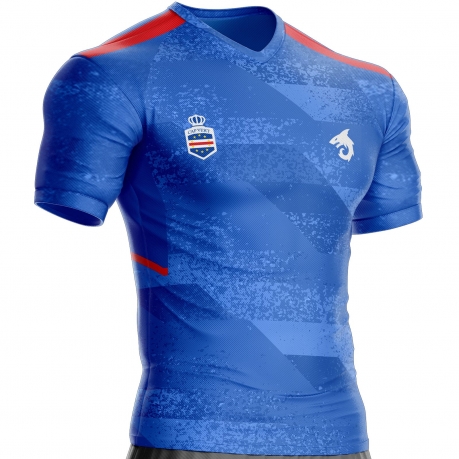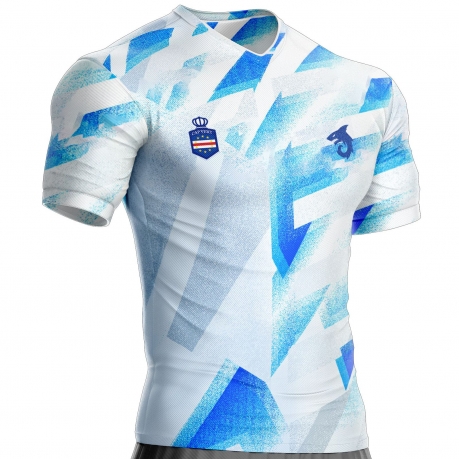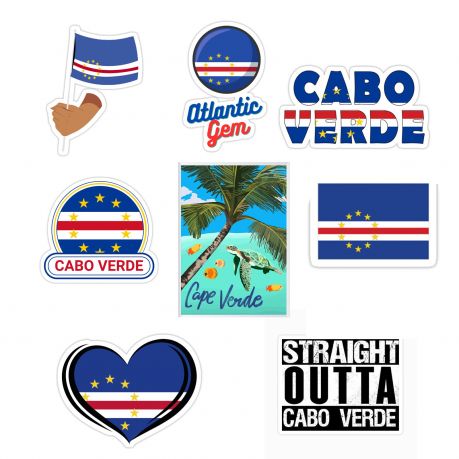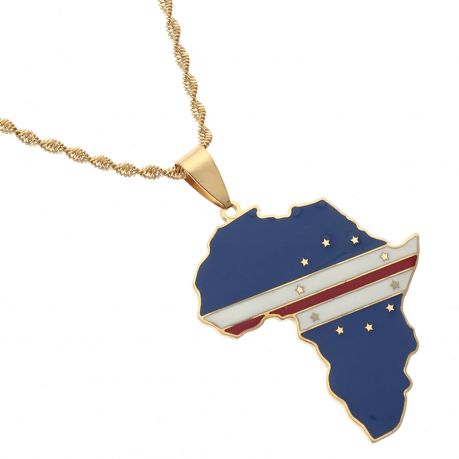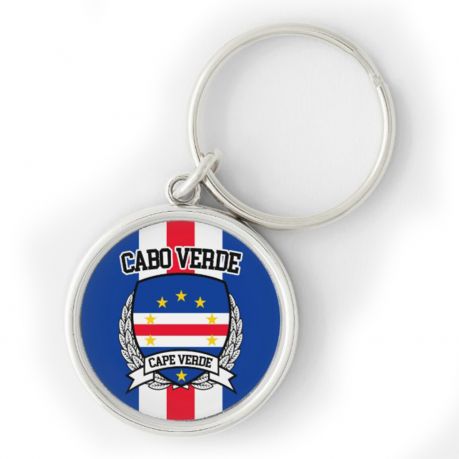Top 10 most emblematic Cape Verdean football clubs

Cape Verdean football: a national passion and legendary clubs
In Cape Verde, football is much more than just a sport. It is a true passion that unites and drives the population. From the most remote islands to the bustling streets of the capital, football punctuates the daily lives of Cape Verdeans and occupies a central place in their culture.
Within this passionate universe, certain clubs have distinguished themselves by rising to the rank of legends. True institutions, these emblematic clubs have marked the history of Cape Verdean football through their sporting exploits and their profound impact on the country.
More than just a distraction, these clubs embody the identity and pride of Cape Verdeans. They constitute a symbol of national unity and an engine of social and economic development. Their history, rich in moments of glory and intense emotions, is closely linked to that of Cape Verde itself.
By exploring the fascinating world of Cape Verde's emblematic clubs, we discover a source of inspiration and an ode to the passion for football. It is through their journeys and their achievements that the promising future of Cape Verdean football is taking shape, a future driven by the enthusiasm and talent of its players and supporters.
Clubs with laudatory records and profound impact
To identify the clubs that have marked the history of Cape Verdean football, several criteria are decisive. The number of regional championship titles won is an indicator of a club's dominance on its local scene. Likewise, historic performances in the national cup and regular participation in continental competitions illustrate the ability of a club to distinguish itself on the national and international scene.
The popularity of a club and the unwavering support of its supporters are inseparable elements of its iconic status. Finally, the development of talented players who join the Cape Verde national team highlights the impact of a club on the development of national football.
When examining these criteria, several clubs clearly stand out. Among the essential figures of Cape Verdean football, CS Mindelo, based on the island of São Vicente, occupies a special place. Founded in 1912, the club has accumulated an impressive record, with 20 São Vicente championship titles and 5 national cups. Its participation in the CAF Champions League in 2023 testifies to its status as a benchmark club in Cape Verde.
Sporting Clube da Praia, based on the island of Santiago, is another legendary club in the country. Founded in 1903, it is the most successful club in Cape Verde with 20 national championship titles and 8 national cups. Sporting has also participated in the CAF Champions League on several occasions, contributing to the fame of Cape Verdean football on the continental scene.
Other clubs also deserve to be cited for their contribution to Cape Verdean football. Académica Operária do Sal (Sal), FC Derby (Mindelo) and GD Varzim (Mindelo) are among the clubs that have marked the history of national football with their exploits and their passion.
The impact of these emblematic clubs goes well beyond the simple sporting aspect. They have played a crucial role in the development of local and national football by investing in youth training and providing quality infrastructure. In addition, these clubs constitute a real engine of economic and social dynamism in the regions where they are established.
The intense sporting rivalries that have been built between these clubs over the years only fuel the passion for football among Cape Verdean fans. These historic rivalries, like that between CS Mindelo and Sporting Clube da Praia, contribute to the popular enthusiasm around football and the electric atmosphere that reigns in the stadiums during matches.
The future of Cape Verdean football is promising and the country's emblematic clubs will continue to play a central role in its development. Significant challenges must be met, particularly in terms of infrastructure, financing and professionalization of clubs. However, the rich heritage and passion that drives these clubs provides a solid foundation on which Cape Verdean football can continue to grow and reach new heights on the international stage.
In conclusion , the emblematic clubs of Cape Verde constitute pillars of national football. Their history, their achievements and their impact on Cape Verdean society make them key players in the development and future of football in this country. By building on this precious heritage and meeting the challenges that lie ahead, Cape Verdean football can aspire to a bright and successful future.
The emblematic clubs, guardians of Cape Verde’s footballing identity
Cape Verdean football is inseparable from its emblematic clubs. True guardians of the country's footballing identity, these clubs have made history with their sporting achievements and their profound impact on Cape Verdean society.
More than just sporting institutions, these clubs constitute symbols of national pride and unity. They bring together Cape Verdeans from all walks of life and nourish their passion for football. Their historical rivalries and moments of glory are an integral part of the country's cultural heritage.
The future of Cape Verdean football is in the hands of these emblematic clubs. Their role is crucial in the development of local and national football, by investing in youth training, improving infrastructure and promoting professionalization.
By building on their rich heritage and contagious passion, Cape Verdean clubs can meet the challenges before them and build a bright future for national football. The talent of Cape Verdean players, combined with the strength and determination of its emblematic clubs, augurs a future filled with success and moments of joy for Cape Verdean supporters.
Cape Verdean football is a story of passion, unity and national pride. Its emblematic clubs are its guardians and artisans. Looking to the future, it is clear that the role of these clubs will be crucial for the development and influence of Cape Verdean football on the international scene.





